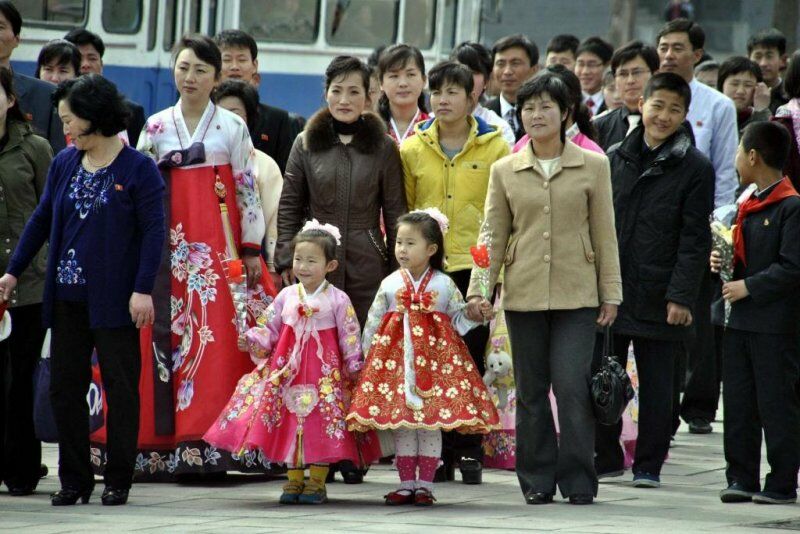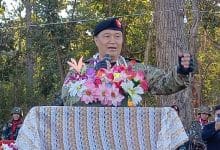North Korea forces citizens to change names for a more idealistic sound

North Korea’s government is reportedly forcing its citizens to change their names to sound more ideological. Such names that mean “super beauty” or “loved one” are being swapped for those that mean “loyalty” or “bomb.”
One resident of the country says names have evolved since the early 2000s as people learned more about the outside world. In the past, residents were encouraged to give children patriotic names that held an ideological or militaristic meaning. But as the country has become more open to the outside world, citizens have been choosing more gentle names for their children. Such names as A Ri (loved one), Su Mi (super beauty), and So Ra (conch shell), have been popular in recent years.
But, the government is not impressed with the current names and is forcing citizens to make names more revolutionary sounding. One unnamed resident told Radio Free Asia that people inside the country are upset.
“Residents are complaining that the authorities are forcing people to change their names according to the standards required by the state. Starting last month, notices have been constantly issued at the neighbourhood-watch unit’s residents’ meetings to correct all names without final consonants. People with names that don’t have a final consonant have until the end of the year to add political meanings to their name to meet revolutionary standards.”
Other residents report that public notices and meetings have instructed adults and children to change their names to include a final consonant, citing those without would be considered “anti-socialist.” But many parents are reluctant and have reportedly questioned if they should change their children’s names to “reflect the current era of starvation and oppression.” Another source echoed residents’ sentiments.
“They say, ‘if being naked and starving is true socialism, we are absolutely against it.”
Other residents have equated the forced name changes to the government treating citizens as mechanical parts or livestock.
In response, the government has allegedly threatened to fine those who don’t use names with political meanings. But, no fines have been reported as being levied as of yet.
Latest Thailand News
Follow The Thaiger on Google News:


























